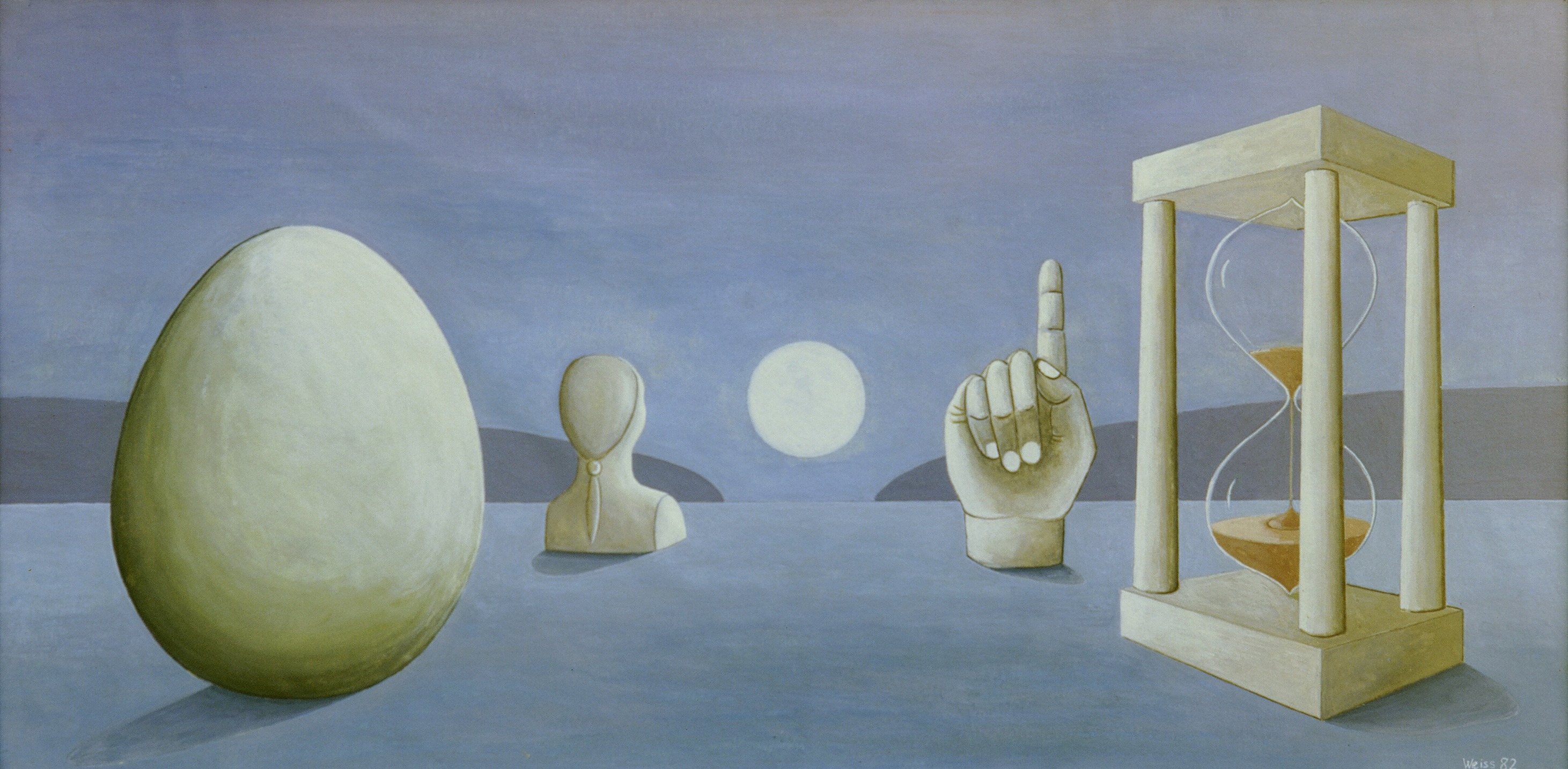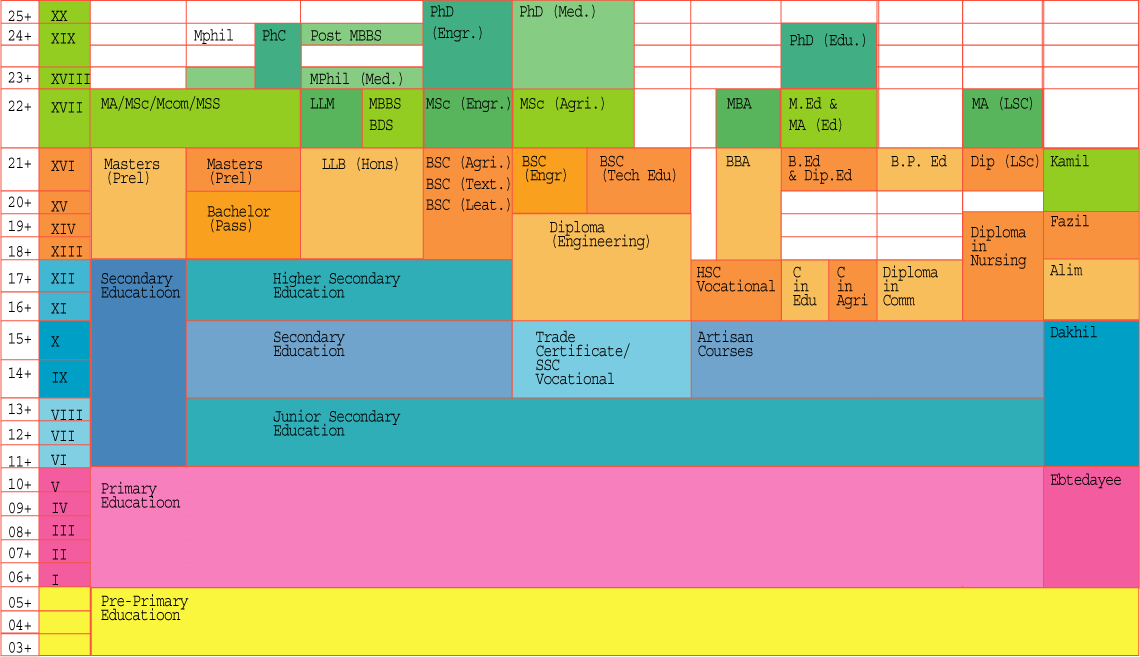|
Al-Haiatul Ulya Lil-Jamiatil Qawmia Bangladesh
Al-Hayʼat al-ʿUlyā lil-Jāmiʿāt al-Qawmiyyah Bangladesh ( ar, الهيئة العليا للجامعات القومية ﺑﻨﻐﻼدﻳش, Supreme Authority to Qawmi universities of Bangladesh) is the government-recognized combined Qawmi Madrasah Education Board of Bangladesh, having the authority to arrange central examinations and to issue certificates. It consists of six Qawmi Madrasah Education Boards: Befaqul Madarisil Arabia Bangladesh, Befaqul Madarisil Qawmia Gauhordanga Bangladesh, Anjumane Ittehadul Madaris Bangladesh, Azad Deeni Edaraye Talim Bangladesh, Tanjeemul Madarisid Diniya Bangladesh, and Jatiya Deeni Madrasa Shikkha Board Bangladesh. Background Prime Minister Sheikh Hasina announced on 11 April 2017 that, on the basis of the principles of the Darul Uloom Deoband, a ''Dawra-e-Hadith'' certificate issued by a Qawmi Madrasah would be treated as equivalent to a master's degree in Islamic studies and Arabic. Two days later the Ministry of Education published a ... [...More Info...] [...Related Items...] OR: [Wikipedia] [Google] [Baidu] |
Mahmudul Hasan (scholar)
Maḥmūd al-Ḥasan ibn Ghalim ad-Dīn Aḥmad al-Muʾminshāhawī ( ar, محمود الحسن بن غلم الدين أحمد المؤمنشاهوي; born 5 July 1950), or simply Mahmudul Hasan ( bn, মাহমুদুল হাসান), is a Bangladeshi Deobandi Islamic scholar, writer, religious reformer, educator, public speaker and spiritual figure. He is the president of Al-Haiatul Ulya Lil-Jamiatil Qawmia Bangladesh and Befaqul Madarisil Arabia Bangladesh, chancellor of Jamia Islamia Darul Uloom Madania, Khatib at Gulshan Central Jama Masjid, editor in chief of Monthly Al-Jamia and Amir of Majlis-e Dawatul Haq Bangladesh. He is the author of Tafsirul Burhanul Quran. Name and lineage Mahmudul Hasan was born on 5 July 1950, to a Bengali Muslim family in the village of Charkharicha under Kotwali Thana in Mymensingh District . His father's name is Galimuddin Ahmed and mother's name is Fatema Ramzani. Career Currently he is Khatib at Gulshan Central Azad Mos ... [...More Info...] [...Related Items...] OR: [Wikipedia] [Google] [Baidu] |
Jamia Darul Ma'arif Al-Islamia
Al-Jāmiʿah Dār al-Maʿārif al-Islāmiyyah ( bn, জামেয়া দারুল মা’আরিফ আল্ ইসলামিয়া, ar, الجامعة دار المعارف الإسلامية), popularly known as ''Darul Marif'', is a prominent Qawmi jamiah situated at Bahaddarhat, Chittagong, Bangladesh. Sultan Zauq Nadvi is the founder director of the Jamiah. Academics Jamia Darul Ma'arif offers the students Islamic education from the very initial stage up to the highest level. Besides Islamic knowledge it also teaches the student modern knowledge in subjects like English and Bengali languages, mathematics, geography, history, social science and general science up to secondary level. It also offers specialization (equivalent to PhD) in Islamic studies to students who successfully complete Takmil (MA). Departments The Jamiah Madrasa (, also , ; Arabic: مدرسة , pl. , ) is the Arabic word for any type of educational institution, secular or religious ... [...More Info...] [...Related Items...] OR: [Wikipedia] [Google] [Baidu] |
Qawmi Madrasas Of Bangladesh
Qawmi Madrasah ( bn, কওমী মাদ্রাসা, ar, المدرسة القومية, al-Madrasah al-Qawmiyyah) is an adjective describing one of the two major madrasah educational categories in Bangladesh. The Qawmi madrasahs are not regulated by the Bangladesh Madrasah Education Board. As private charitable organizations, Qawmi madrasahs are supported almost exclusively by donation. The theological curriculum of the Qawmi madrasahs predominantly follow the Islamic Deobandi model. In the past, the degrees they conferred lacked accreditation or official recognition unlike those conferred by official Alia madrasahs (also spelled "Aliya" and "Aliah"), which follow the Calcutta Alia tradition. Starting in 2006, two years after the founding of the privately run Befaqul Mudarressin education board for Qawmi madrasahs, the Bangladeshi government began to recognize some Qawmi degrees. As of 2006, there were approximately 15,000 registered Qawmi madrasahs in Bangladesh, wi ... [...More Info...] [...Related Items...] OR: [Wikipedia] [Google] [Baidu] |
Institute Of Commonwealth Studies
The Institute of Commonwealth Studies, founded in 1949, is the sole postgraduate academic institution in the United Kingdom devoted to the study of the Commonwealth. It is also home to the longest-running interdisciplinary and practice-oriented human rights MA programme in the UK. The institute is a national and international centre of excellence for policy-relevant research, research facilitation and teaching. As a member of the School of Advanced Study, established in 1994, the institute works with nine other prestigious postgraduate research institutes to offer academic opportunities across and between a wide range of subject fields in the humanities and social sciences. The institute's library is an international resource holding more than 190,000 volumes, with particularly impressive Caribbean, Southern African and Australian holdings and over 200 archival collections. Notable academics * Shula Marks, lecturer from 1963 to 1976 * Satyabrata Rai Chowdhuri, senior resear ... [...More Info...] [...Related Items...] OR: [Wikipedia] [Google] [Baidu] |
Religious Education
In secular usage, religious education is the teaching of a particular religion (although in the United Kingdom the term ''religious instruction'' would refer to the teaching of a particular religion, with ''religious education'' referring to teaching about religions in general) and its varied aspects: its beliefs, doctrines, rituals, customs, rites, and personal roles. In Western and secular culture, religious education implies a type of education which is largely separate from academia, and which (generally) regards religious belief as a fundamental tenet and operating modality, as well as a prerequisite for attendance. The secular concept is substantially different from societies that adhere to religious law, wherein "religious education" connotes the dominant academic study, and in typically religious terms, teaches doctrines which define social customs as "laws" and the violations thereof as "crimes", or else misdemeanors requiring punitive correction. The free choice of r ... [...More Info...] [...Related Items...] OR: [Wikipedia] [Google] [Baidu] |
Islam In Bangladesh
Islam is the state religion of the People's Republic of Bangladesh. According to the 2022 census, Bangladesh had a population of about 150 million Muslims, or 91.04% of its total population of million. The majority of Bangladeshis are Sunni, and follow the Hanafi school of fiqh. Religion is an integral part of Bangladeshi identity. Despite being a Muslim-majority country, Bangladesh is a ''de facto'' secular state. In the 9th century, Arab Muslims established commercial as well as religious connection within the region before the conquest, mainly through the coastal regions as traders and primarily via the ports of Chittagong. Region was largely inhabited by different animistic tribes. Arab navigation in the region was the result of the Muslim reign over the Indus delta. In the early 13th century, Muhammad bin Bakhtiyar Khalji conquered Western and part of Northern Bengal, and established the first Muslim kingdom in Bengal. Islamic missionaries in India achieved their greatest ... [...More Info...] [...Related Items...] OR: [Wikipedia] [Google] [Baidu] |
Hefazat-e-Islam Bangladesh
Hefazat-e-Islam Bangladesh ( bn, হেফাজতে ইসলাম বাংলাদেশ) is an Islamic Advocacy group of madrassah teachers and students. In 2013, it submitted to the government of Bangladesh a 13-point charter, which included the demand for the enactment of a blasphemy law. History Hefazat-e-Islam was formed in 2010, as a pressure group comprising the teachers of several madrasas at Chittagong, Bangladesh. The formation was allegedly triggered by the 2009 "Women Development Policy" draft. On 24 February 2010, Hefazat wanted to hold a rally at Laldighi Maidan, Chittagong to protest the government's move to slap a ban on religion-based politics, cancellation of the Fifth Amendment to the Constitution, and a proposed education policy that would have ended madrasah education. The police refused their request to hold a rally and injured 19 protesters. A few of these madrasa students were arrested by police and later released. In 2011, Hefajat-e-Islam protest ... [...More Info...] [...Related Items...] OR: [Wikipedia] [Google] [Baidu] |
Education In Bangladesh
Education in Bangladesh is overseen by the country's Ministry of Education. The Ministry of Primary and Mass Education is responsible for implementing policy for primary education and state-funded schools at a local level. In Bangladesh, all citizens must undertake ten years of compulsory education which consists of five years at primary school level and five years at high school level. Primary and secondary education is financed by the state and free of charge in public schools. Bangladesh conforms fully to the UN's Education For All (EFA) objectivesBangladesh: Education for All 2015 National Review ''Ministry of Primary and Mass Education, Government of Bangladesh''. unesco.org. and the |
Dars-i-Nizami
Dars-i Nizami is a study curriculum or system used in many Islamic institutions (madrassas) and Dar Ul Ulooms, which originated in the Indian subcontinent in the 18th century and can now also be found in parts of South Africa, Canada, the United States, the Caribbean and the UK. The Dars-i Nizami system was developed by Nizamuddin Sihalivi (1161 AH/1748 CE) from the Firangi Mahal ''Ulama'' (Islamic scholars) group, after whom the Dars-i Nizami were named (Robinson, 2001: p72). Sihali is a village in Fatehpur Block in Barabanki District of Uttar Pradesh State, India See also * Darul Uloom Darul uloom (), also spelled ''dar-ul-ulum'', is an Arabic term that literally means "house of knowledge". The term generally means an Islamic seminary or educational institution – similar to or often the same as a madrassa or Islamic school � ... * Madrasah References External links darsenizami official site Further reading * Madrasas Islamic education Curricula Islam in In ... [...More Info...] [...Related Items...] OR: [Wikipedia] [Google] [Baidu] |
Bangladesh Madrasah Education Board
Bangladesh Madrasah Education Board ( bn, বাংলাদেশ মাদ্রাসা শিক্ষা বোর্ড) or Alia Madrasah Education Board started its activity independently in 1979. With the passage of time in Bangladeshi madrasah education several amendments have come to pass. In 1978 humanities and science faculties were included at the ''Alim'' () level. In 1980 ''Fazil'' () degrees were granted the same standard of education as Higher Secondary School Certificate (HSC) degrees but this was changed in later years with ''Dakhil'' () level having the equivalency of Secondary School Certificate (SSC) since 1985, and ''Alim'' being considered as the HSC equivalent since 1987. Humanities, science, business and technical education has been included with madrasah education. Meanwhile, a law has been passed for ''Fazil'' and ''Kamil'' () levels to be considered equivalent with bachelor's and master's degrees in general education. Background Alia Madrasah wa ... [...More Info...] [...Related Items...] OR: [Wikipedia] [Google] [Baidu] |
List Of Deobandi Organisations
This list includes Deobandi and pro-Deobandi organizations. See also * List of Deobandi universities Deobandi ( ur, دیو بندی, russian: Деобанди, bn, দেওবন্দ, hi, देवबन्दी) is a term used for a revivalist movement in Islam. It is centered primarily in India, Pakistan, Afghanistan and Bangladesh and ... References {{Reflist Deobandi organisations Islamic organizations ... [...More Info...] [...Related Items...] OR: [Wikipedia] [Google] [Baidu] |
Jamia Nuria Islamia Bharthokhola, Sylhet
Jamia (جامعة ''jāmi‘a''; also ''jamiya'' 'h'' is the Arabic word for ''gathering''. It can also refer to a book Al-Jami'a or a mosque, or more generally, a university. In the latter sense it refers in official usage to a modern university, based on the Western model, as opposed to the medieval madrasa."Djamia", in ''Encyclopaedia of Islam'', 2nd edition, Brill, 2012 The term seems to be a translation of "university" or the French "université" and emerged in the middle of the 19th century; the earliest definite use in this sense appears in 1906 in Egypt Egypt ( ar, مصر , ), officially the Arab Republic of Egypt, is a transcontinental country spanning the northeast corner of Africa and southwest corner of Asia via a land bridge formed by the Sinai Peninsula. It is bordered by the Mediter .... References Islamic terminology {{Islam-studies-stub ... [...More Info...] [...Related Items...] OR: [Wikipedia] [Google] [Baidu] |



